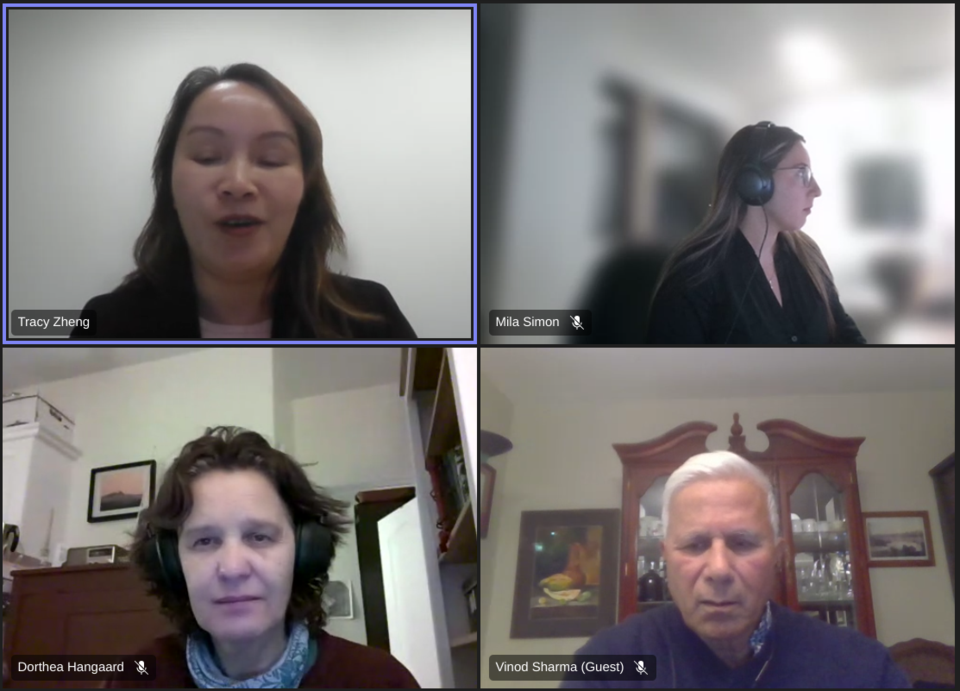A surge of public opposition is among the reasons a company has pulled out of constructing a controversial battery energy storage system (BESS) in Gravenhurst.
Solar Flow-Through Funds and IPG Electric had proposed a 120-megawatt, 10-acre BESS system using lithium battery technology, on a site near Coopers Falls, in response to a call from the Independent Electricity System Operator (IESO) to address increasing needs for power in Ontario.
The proposed BESS system would have been charged by the local grid during off-peak, overnight hours, and provided power to the grid during periods of high demand, bringing “significant benefits to grid reliability,” said a public meeting notice about the proposal.
Over the past several weeks, however, residents have been outspoken about safety and environmental concerns related to the project.
The site’s proximity to the local watershed, protected areas, endangered species, and safety concerns for nearby residents – should the system ever catch on fire – are among the chief reasons residents opposed the project’s site.
“We've put forth quite a substantial dissertation on why the site that they had picked was inadequate: topography, water drainage, the fact that it's in the middle of the bush, the drainage … if there was any contamination, that could end up in the lake, and all sorts of things,” Steve Vickers, president of the Clearwater Property Owners Association, told OrilliaMatters.
SolarBank, an engineering firm representing the company, hosted two public meetings on the project over the past week, but announced that it would be pulling out from the site at its second and final public meeting on Monday.
Tracy Zheng, SolarBank CAO, mentioned public opposition, site topography and access, and endangered species as the chief reasons the company is withdrawing from the site, noting the company would not have time to complete a habitat assessment in time for IESO’s December deadline for submissions.
“All together, we decided to withdraw this site,” Zheng said at the meeting. “The community's opinion is also important to us. That's the reason we are hosting a public meeting, right? I think you guys in the neighbourhood … know the environment much better than us, so it's very valuable for us to collect your input, as well.”
Zheng said the company may apply in future IESO calls to bolster grid capacity, but she said the company will consider more suitable properties for the project.
At the meeting, representatives addressed numerous resident concerns, including the BESS system’s safety should it catch on fire.
For residents like Dustin Pilger, who lives nearby the proposed site, fire was a big concern, given the project’s large size and the safety issues it can present to nearby residents and the environment.
“These battery energy storage systems have been known to catch on fire,” he told OrilliaMatters, noting the high difficulty of extinguishing lithium battery fires. “When those batteries burn … they can use water, and that's also concerning because there could be a lot of runoff going into the Black River.”
At the meeting, however, product engineer Bryce Laber explained that safety is accounted for during each step of the process.
“We feed in feedback and concerns from customers, asset owners, authority having jurisdictions, even local fire brigades, all into the product design to be able to interface with their systems and to provide a safe project,” he said.
Laber said the products used in the project are tested beyond industry standards, and noted the type of lithium ion battery used is the most difficult type to catch fire during burn tests.
“Lithium iron phosphate that's in use in these best products is actually considered in the industry to be the safest lithium ion battery chemistry,” he said. “To do these burn tests, they actually have a hard time even getting it started.”
Built-in barriers, fire suppression systems, deflagration panels for pressure, 24/7 monitoring systems, and more, are incorporated into the final product, he said.
Although the company has withdrawn from the proposed site, they may still apply for future IESO calls to build a project in Gravenhurst, should a suitable location be found.
“If we do participate in the second round, we would like to see if there are sites that the community will be willing to host a battery energy storage system,” said project coordinator Mila Simon.
“In Gravenhurst, if there's a landlord who has a large parcel of land, and would like to lease it, and it's a suitable location for an energy storage system, they can reach out to us and we can consider if the site is suitable.”
Vickers said he is pleased to see the company is willing to consider alternate locations for the project, noting his association is not opposed to BESS projects, but that they would like to see a more suitable location for the facility.
“We're happy to see that they're at least willing to look at alternate sites,” he said. “I'm very happy with the commitment of our lake association, to have pulled together on such short notice, and the amount of work that members of the association have done.”



